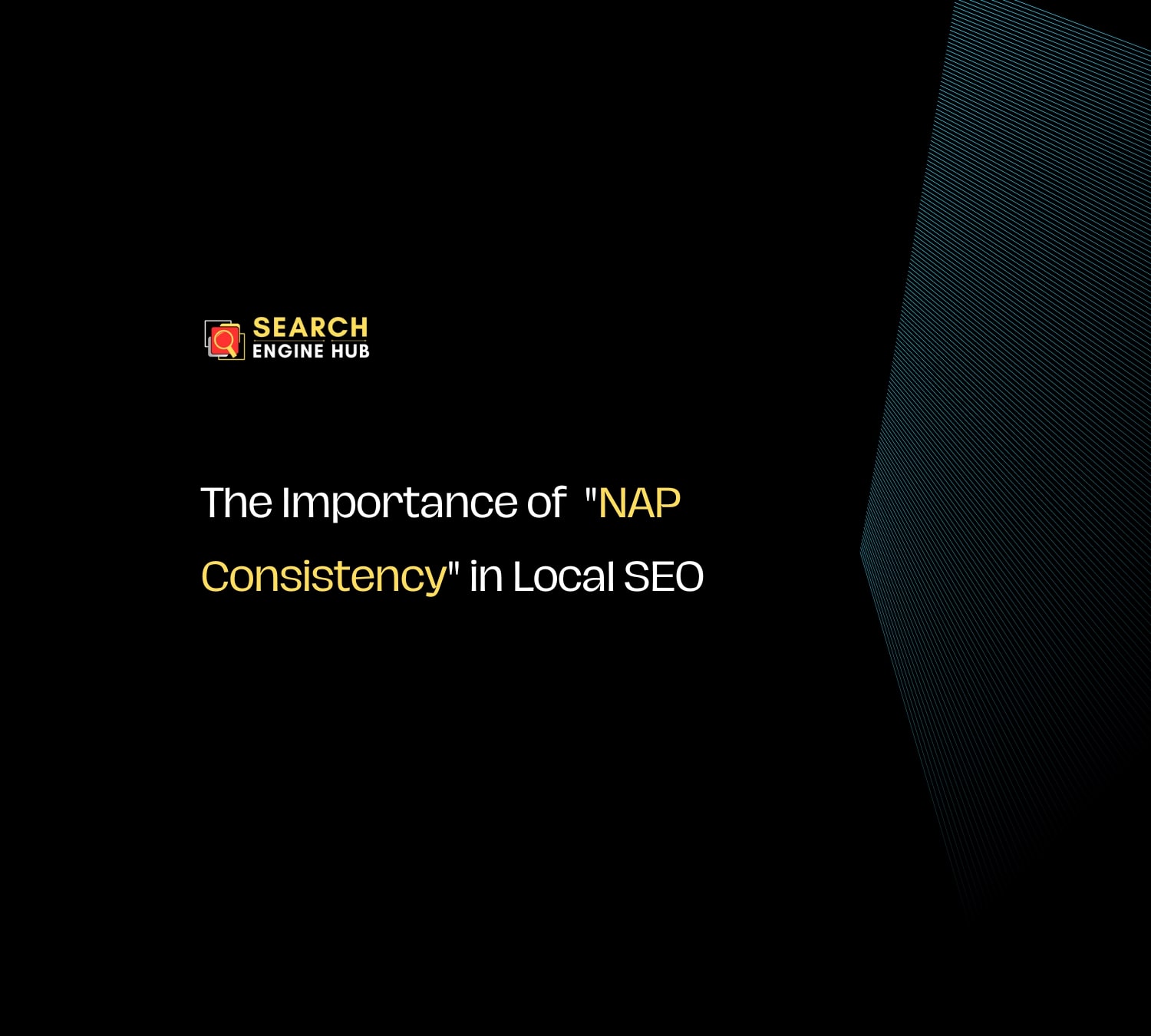Creating SEO-friendly URLs is a crucial part of building a website that ranks well in search engines. A well-structured URL does more than just direct visitors—it improves user experience, helps with search rankings, and enhances how your site is viewed by both search engines and users.
Clear and concise URLs allow search engines to better understand your content and make it easier for users to navigate your site. Well-crafted URLs can also improve click-through rates, as they give visitors a clear idea of what they’ll find on the page. We’ve seen how optimizing URLs can contribute to better visibility, as shown by the results with most of our clients.
In this article, we’ll discuss why SEO-friendly URLs matter and provide practical tips on how to structure them to support your site’s overall success.
1. Improves Search Engine Rankings
Search engines, like Google, consider URLs when ranking websites. By including relevant keywords in your URL structure, you make it easier for search engines to understand the content of the page.
For example, a URL like www.example.com/seo-friendly-url-tips is more descriptive and relevant to both users and search engines than a generic URL like www.example.com/page123.
To further enhance your SEO strategy, explore our comprehensive guide on SEO Best Practices to ensure your site is fully optimized for search engines..
2. Boosts Click-Through Rates (CTR)
SEO-friendly URLs are clear and descriptive, which can encourage users to click on your links. When users see a URL that matches their search query, they are more likely to trust and visit that page.
For example, a URL that reads www.example.com/buy-custom-blinds is more appealing and trustworthy than something like www.example.com/product?id=8475.
3. Enhances User Experience
A clean, readable URL structure is more user-friendly. If your URLs are short, easy to read, and relevant to the content, users are more likely to remember and share them. This not only improves navigation but also increases the likelihood of users revisiting your site. URLs like www.example.com/about-us are intuitive and provide clear information about the page’s content
4. Helps with Better Link Sharing
People are more likely to share URLs that are easy to read and understand. When a URL clearly reflects the page’s content, it increases the likelihood of being shared on social media or via email. This, in turn, can lead to more traffic and backlinks, further boosting your SEO efforts.
5. Supports Site Structure and Navigation
SEO-friendly URLs help establish a logical site hierarchy. By organizing URLs in a structured way, like www.example.com/services/web-design instead of random strings of numbers or characters, you create a clearer path for users and search engines to follow. This helps both with navigation and indexing your site effectively.
6. Reduces Bounce Rates
Users who encounter unclear or overly complex URLs may perceive them as unreliable or irrelevant, leading to higher bounce rates. SEO-friendly URLs, on the other hand, are clear and directly related to the content, giving users confidence that they’re in the right place.
This helps reduce bounce rates and encourages visitors to stay longer, improving overall site engagement.
Best Practices for Creating SEO-Friendly URLs
- Keep it Simple: Avoid unnecessary words, and stick to keywords that describe the content of the page.
- Use Hyphens to Separate Words: URLs like www.example.com/seo-friendly-urls are easier to read than www.example.com/seofriendlyurls.
- Avoid Dynamic Parameters: Whenever possible, use static URLs instead of ones with parameters like ?id=123. They are cleaner and easier for users and search engines to understand.
- Keep it Short: Longer URLs can be confusing and are less likely to be shared. Aim for a concise structure that still accurately describes the page.
Conclusion
Incorporating SEO-friendly URLs into your website design plays a significant role in improving search rankings, enhancing user experience, and boosting click-through rates.
Keeping your URLs simple, descriptive, and well-structured ensures that both search engines and users can easily navigate and understand your site’s content.
If you’re looking for expert help with optimizing your website’s URLs and overall SEO strategy, contact us today to get started.




